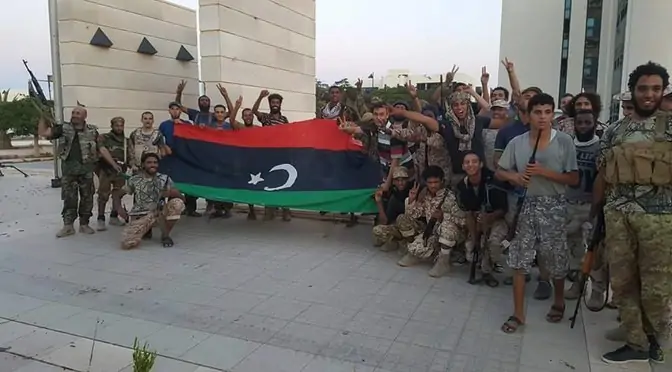This article identifies lessons we can learn from the impact of the conflict in Ukraine on businesses, as presented in the first part, to continue enhancing our understanding of the way businesses and the corporate world could usefully anticipate or foresee geopolitical and political risks and uncertainties.
From the way to identify which crises and geopolitical uncertainties can be – sometimes unexpectedly – of concern to a company (Lesson 1) to the best timing for starting the anticipation process (Lesson 2), the need to think outside the ideological box (Lesson 3) and multi-dimensionally (Lesson 4) and to understand “national interest” and its evolution (Lesson 5), the impacts of the war in Ukraine bring us a wealth of understanding and points out many necessary if not crucial improvements that may be endeavoured. These will thus be added to the points previously identified in “Lessons from and for the Brexit – Geopolitics, Uncertainties, and Business (2)”, after a general framework was defined in “Businesses and Geopolitics: Caught up in the Whirlwinds?” (1).











